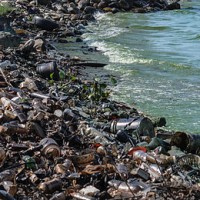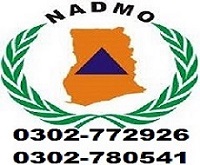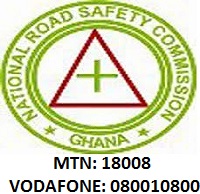
MANAGING WATER POLLUTION IN YOUR LIFE

By: Dimitris Bessios
Water pollution is a major concern both globally and locally, but there is something you can do to avoid falling victim to the effects of pollution in your water sources.
Since pollution is defined as anything that makes our water dirty or unclean, the possible sources of pollution are limitless. Major pollution comes from such things as oil spills and chemicals that make their way into the ocean via rivers and streams. Natural solids pollute the water as well. When soil erodes away from a waterway and into the water, it affects the bio-chemical structure of the water and thus pollutes it. Other things like grass clippings that make their way into the water remove some of the oxygen which kills some of the bottom feeders. This in turn disrupts the food chain.
Storm drains, septic tanks and sewers add an even more harmful pollution to water via viruses, bacteria and protozoan. These can cause widespread illness as well if they make their way back into water consumption. Typhoid and other illnesses are caused this way.
Oil spills, petroleum and radioactive waste do the absolute most damage to the earth’s water. There is simply no easy way to clean these pollutants from the water. The entire eco-system is affected and the problem has already lead to an abundance of diseased fish that are unfit for consumption. We may even be eating contaminated fish now as there would be no way to tell in the early stages of the diseases.
WHO IS RESPONSIBLE FOR WATER POLLUTION?
Ultimately, every individual is responsible not only for polluting the water but also for helping to clean it up. The chemicals we use to clean our homes and the chemicals we use on our bodies and hair all end up in the water. Almost everyone has seen the more obvious occurrences like careless people at the beaches who just throw their trash into the ocean, but obvious or not, we are all contributors to the problem. We all need to become more aware of what causes pollution and what we can do about it, and we all need to take measures to ensure the safety of our own personal water supplies (such as through home water filtration, etc.).
WHAT CAN BE DONE ABOUT WATER POLLUTION?
For starters, we can keep harmful materials such as batteries and toxins out of the trash can. Contact your local sanitation department to find out what to do with these things. Also, do NOT pour them down the drains where they will end up directly in the water system. If possible, use more environmentally friendly materials to clean the home. There are many green products out there that are very effective and yet do not causes water pollution.
These are only a few tips and strategies for improving water pollution, but there are many more, and many that should be utilized as part of an at-home ‘going green’ campaign for personal wellness. Learn more about what you can do to preserve good water for your home, and for your world.










